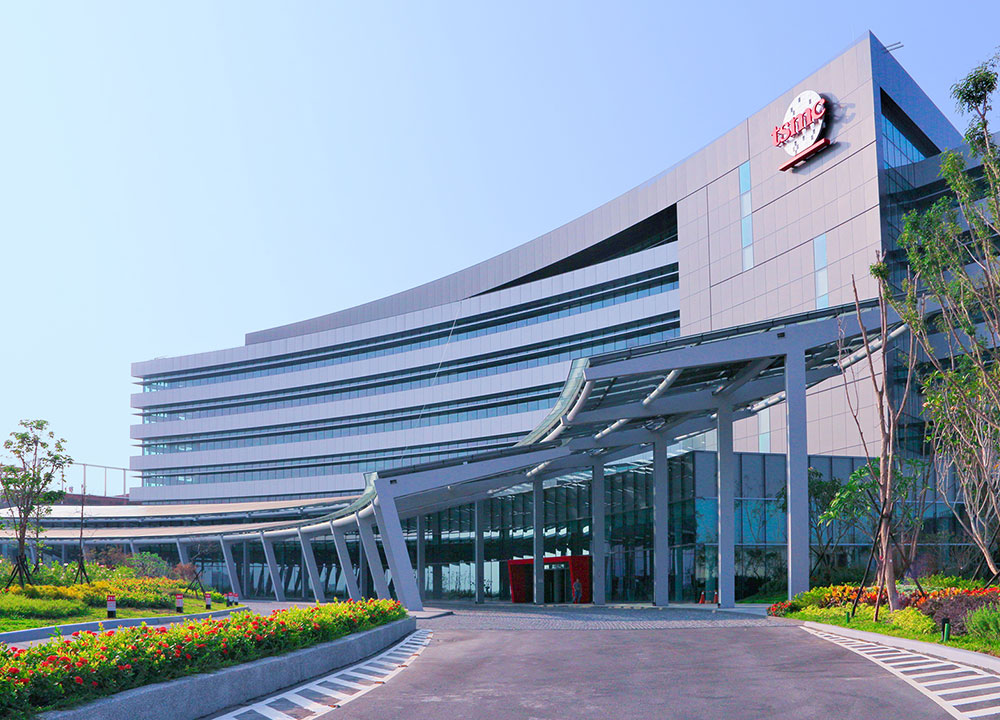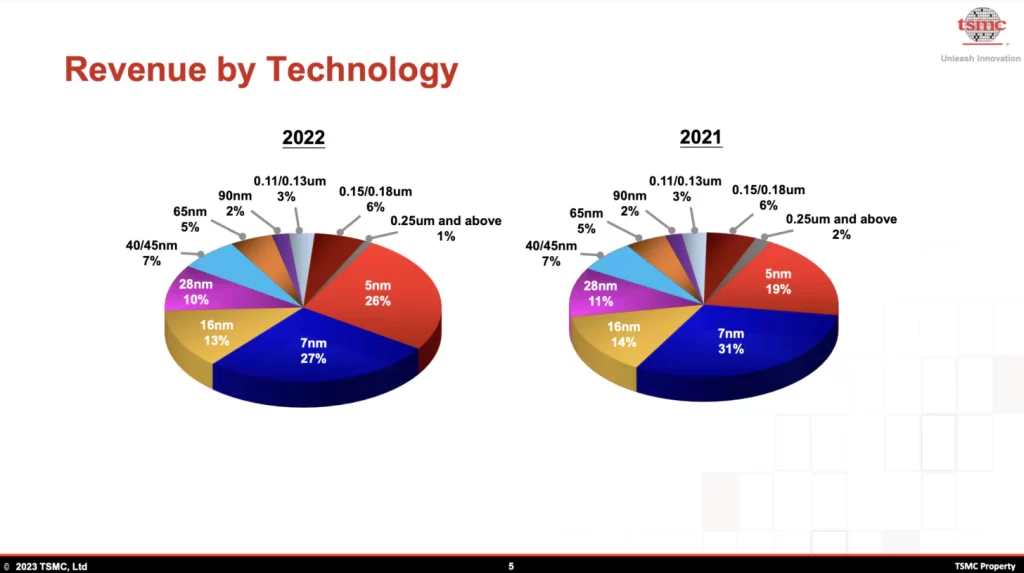TSMC Reveals Information About Its 2nm Process, Mass Production Expected by 2025

In its annual report to shareholders, the Taiwan Semiconductor production Company (TSMC) provided information on its next-generation 2-nanometer semiconductor production process. Nanosheet transistors will be used in the company’s 2-nanometer manufacturing process, which will initially be manufactured at two different Taiwanese facilities.
One of the first businesses in the world, TSMC, began making chips using the 3-nanometer manufacturing process in the latter part of last year. TSMC entered 3-nanometer production as the second company in the world during the volume production stage of manufacturing, which occurs before mass production, while its smaller competitor Samsung Foundry had grabbed the lead a few months earlier.
According to the company’s annual report, TSMC’s wafer shipments increased despite a downturn in the semiconductor sector that began at the end of 2022. Last year, the business delivered 15.3 million 12-inch equivalent wafers, an increase of 7.7% over the previous year.

Furthermore, 53% of the whole mix was made up of wafers using advanced chip manufacturing technology, as compared to 50% of the total wafers supplied in 2021. Overall, TSMC increased its market share by 4% and supplied 30% of the non-memory semiconductor devices sold worldwide.
TSMC’s 2nm Developments Are On Track And Expected to Bring Significant Performance Improvements
Regarding 2-nanometer, or N2, TSMC said that it intends to start testing the technology next year and transition to volume testing in 2025.
In-depth analysis of the N2’s performance reveals that TSMC’s new chips will provide up to a 15% performance boost at power levels comparable to those of the N3E process. The second part of this year will see the commencement of volume production of N3E, TSMC’s enhanced version of the 3-nanometer node.
N2 will give up to a 30% reduction in power consumption at speeds comparable to the N3E, a feature that would likely entice TSMC’s biggest client Apple to purchase processors for the MacBook range.
Samsung Foundry predicts that the switch to nanosheet would result in substantial technical challenges for the company, perhaps limiting its capacity to effectively scale up production. This might give the foundry an edge however, nothing is certain yet.





